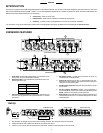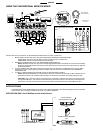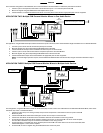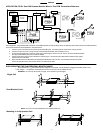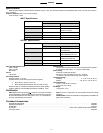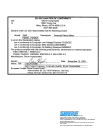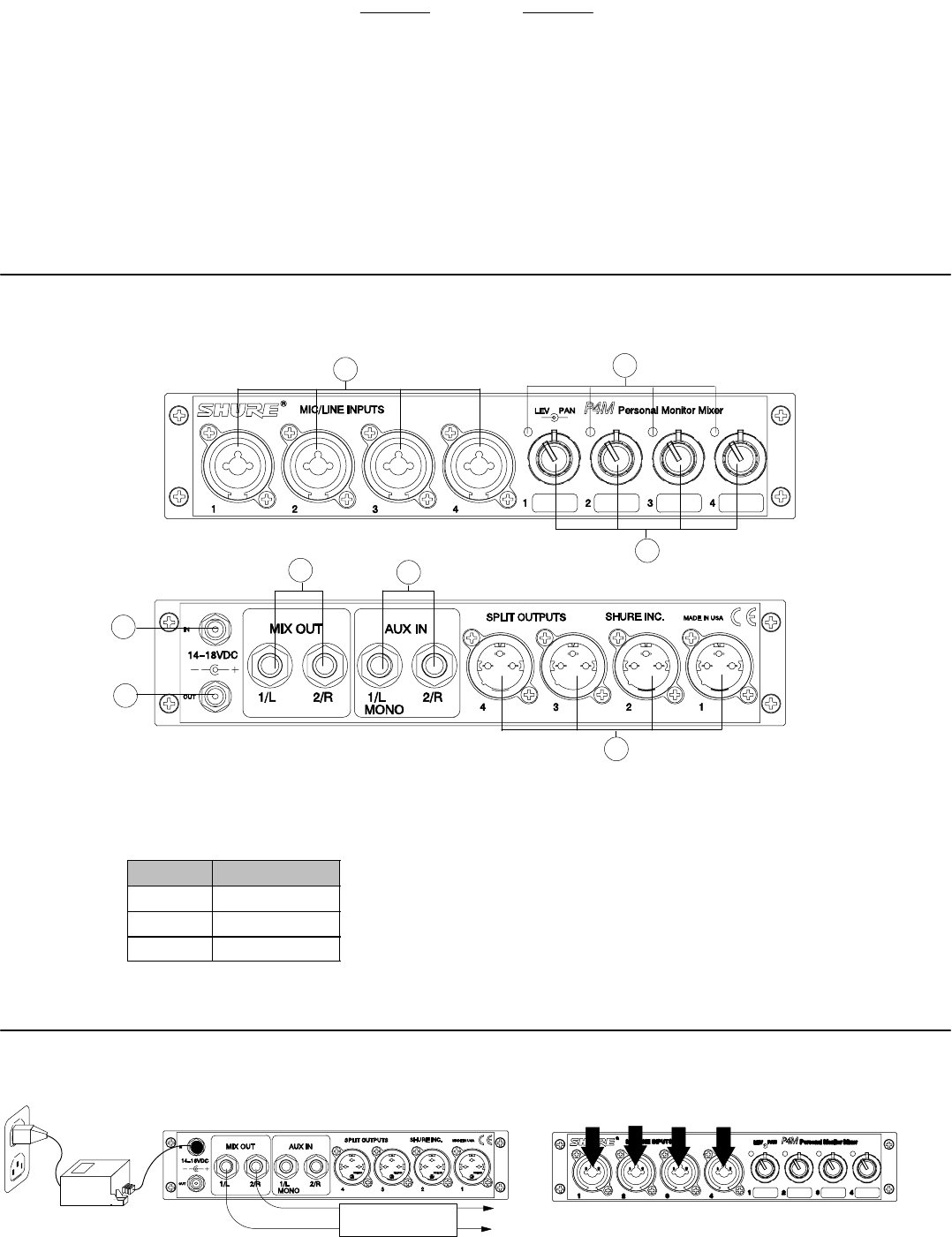
ENGLISH
4
INTRODUCTION
Thank you for buying the Shure P4M Personal Monitor Mixer. The P4M is a half-rack, four channel monitor mixer designed for live performance use. Use it with
a Shure Personal Stereo Monitoring (PSM
R
) system, or in any other application appropriate for a versatile, compact mixer. When used with a PSM system, the
P4M provides several enhancements to in-ear monitoring:
S Consistency – same mix every night,
S Independence – monitor mixes created and controlled by the performer,
S Flexibility – provides monitor mixes regardless of a venue’s sound system capabilities.
For information on any Shure PSM System, please refer to the appropriate user’s guide, available on the world wide web at www.shure.com.
P4M MIXER FEATURES
P4M BACK PANEL
P4M FRONT PANEL
1
2
3
8
7
6
5
4
1. Input Jacks: Accommodate both XLR and 1/4” connectors at mic
or line levels. They are electronically balanced.
2. Signal/Clip LEDs: Color indicates the signal status of the corre-
sponding Mic/Line Input:
LED Color Signal Status
Green Signal present
Yellow Nominal Level
Red Signal clipping
3. Concentric Level/Pan Knobs: The inner knob controls the input
level; the outer ring pans the input signal between the 1/L and 2/R
mix outputs.
4. Mix Output Jacks: 1/4” TRS jacks provide the line level mix
created with the Level/Pan knobs.
5. AUX Inputs: Signals from the two 1/4” TRS input jacks are com-
bined with the mix created by the Level/Pan knobs. Front panel
settings do not affect these jacks.
6. DC IN Locking Connector: Plug the PS40 AC Adaptor into the
top connector.
7. DC OUT Locking Connector: Powers a P4T Transmitter or
another P4M Mixer. A DC Jumper Cable is provided with the P4M.
NOTE: A PS40 can only power two Shure devices.
8. Split Outputs: Each male XLR output provides a duplicate of its
corresponding mic/line input. Front panel settings have no effect
on Split Outputs.
Set Up
To Audio Input
of next device
PS40
AC Adaptor
Audio Sources
P4M Back Panel P4M Front Panel
1. Plug the PS40 AC Adaptor into the mixer’s DC IN locking connector. Plug the other end into a wall socket.
2. Connect the MIX OUTPUT jacks to the the audio input of the next device.
3. Connect up to four audio sources (microphones, instruments, mixers) into the input jacks on the front panel.





